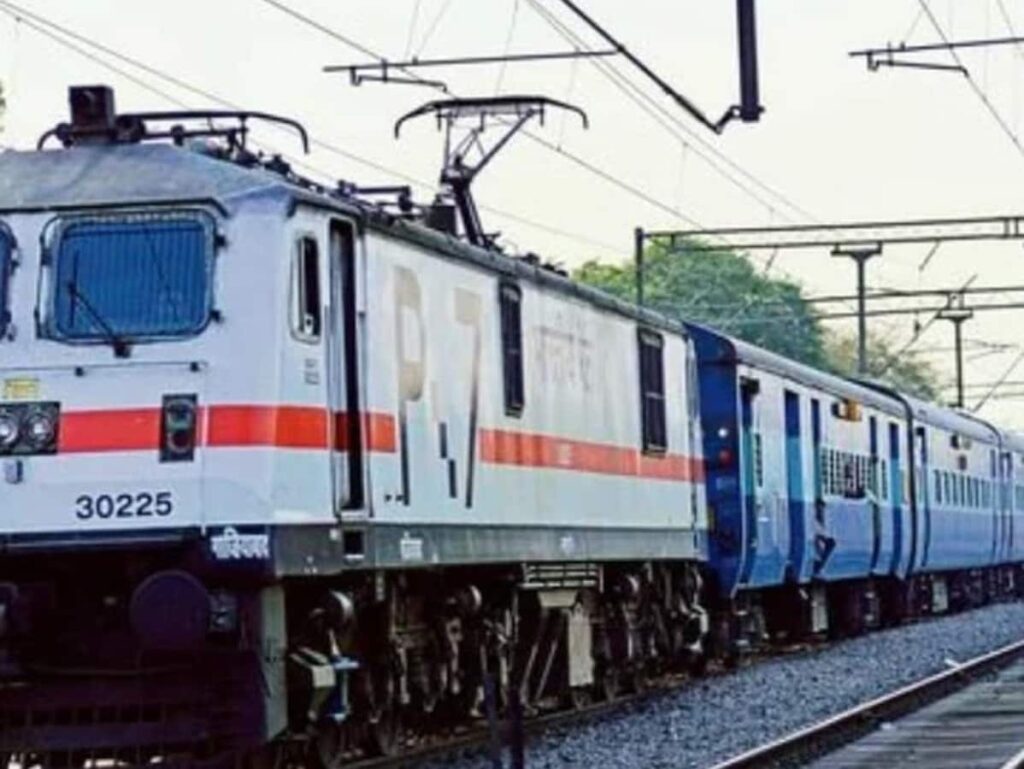In a significant move to streamline operations within the Indian Railways, the Railway Board’s Executive Director has issued instructions regarding the allocation of completed training officers to various Integrated Railway Management System (IRMS) cadres. This decision is aimed at enhancing efficiency and promoting better management practices across the railway services.
Overview of IRMS Cadres
The Integrated Railway Management System (IRMS) is a comprehensive framework designed to manage various functions within the Indian Railways effectively. The system comprises several specialized cadres, each focusing on distinct areas of railway operations.
Key IRMS Cadres
| Cadre | Description |
|---|---|
| IRMS-Traffic | Focuses on the management of train operations, logistics, and traffic control to ensure smooth railway operations. |
| IRMS-Personal | Handles recruitment, training, and personnel management, ensuring that the railway workforce is well-equipped and managed. |
| IRMS-Accounts | Responsible for financial management, budgeting, and accounting practices within the railway system. |
Implications of the Directive
The directive from the Railway Board is expected to have several implications:
- Enhanced Efficiency: By placing trained officers in their respective cadres, the railway operations will benefit from the expertise and skills these individuals have acquired during their training.
- Specialized Management: Each cadre focuses on specific areas, allowing for more specialized management approaches to emerge.
- Increased Accountability: With officers allocated to specific functions, accountability within the system is likely to improve, leading to better service delivery.
Conclusion
This decision by the Railway Board to allocate officers to various IRMS cadres marks a pivotal step toward optimizing the functions within Indian Railways. As these trained professionals take on new roles, it is anticipated that operational efficiencies will rise, ultimately contributing to a more effective and service-oriented railway network. Continued advancements and reforms within this framework will play a crucial role in shaping the future of railway management in India.
